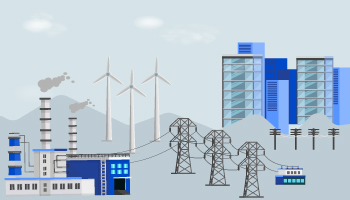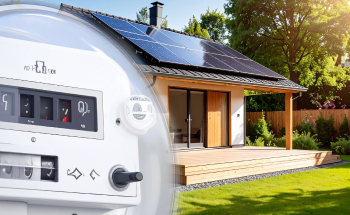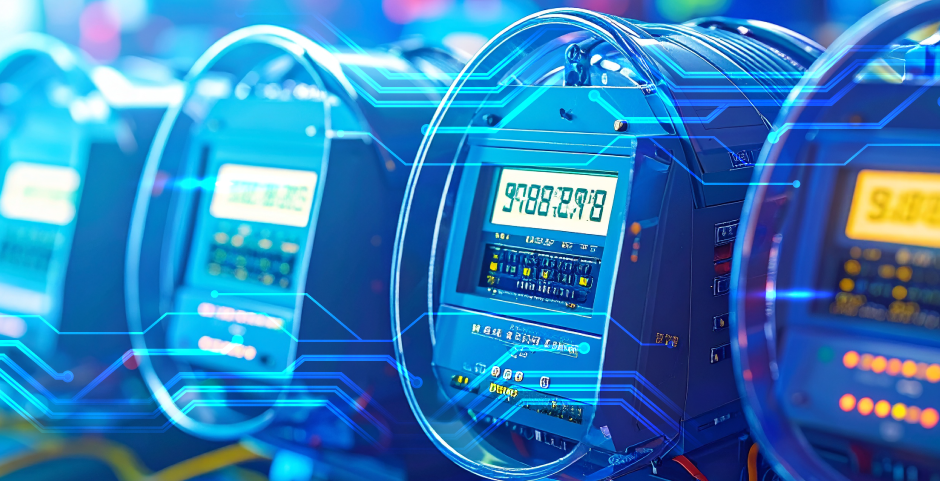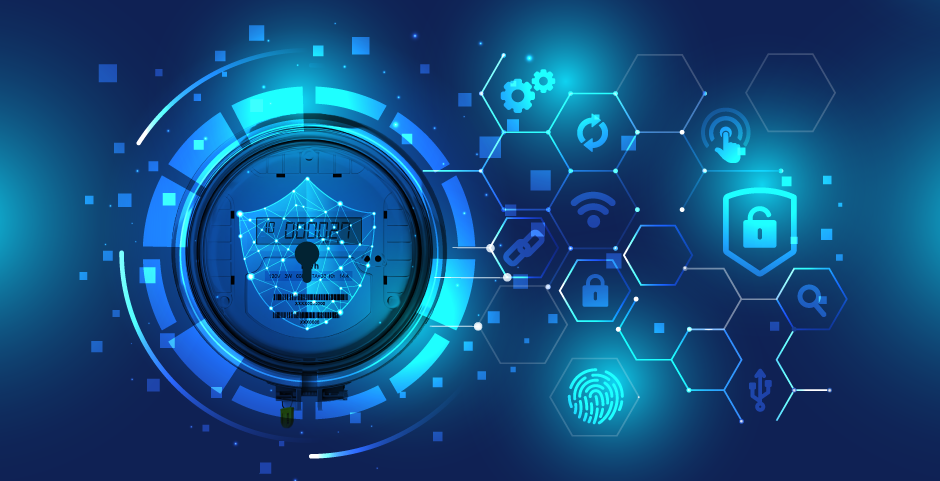Use Cases of IEEE 2030.5
Shwetha Bhat April 9, 2025

Shwetha Bhat April 9, 2025

IEEE 2030.5 plays a pivotal role in enabling the integration of EVs into the grid. It facilitates smart charging by optimizing charging times based on grid conditions and energy costs, turning EVs into valuable assets for grid stability.
IEEE 2030.5 offers immense potential for the modern energy grid by enabling communication and interoperability among a wide variety of devices and systems. By adopting this standard, stakeholders—from utility operators to residential consumers—can achieve greater efficiency, security, and reliability in their energy management practices. Whether you're looking to integrate smart home systems, optimize energy consumption, or enhance grid stability, IEEE 2030.5 provides the essential framework for the future of smart energy.

July 25, 2025
The world energy scene is being revolutionized by the fast-paced increase of decentralized renewable energy sources like rooftop solar, wind microturbines, and energy storage in batteries. batteries. The driving force…
Know More
July 25, 2025
Smart metering has evolved significantly over the last two decades as it became a building block of modern energy management solutions. At the core of the evolution is the DLMS/COSEM…
Know More
July 25, 2025
As the energy sector undergoes rapid digital transformation, smart metering has emerged as a foundational technology in modern utility networks. By enabling real-time monitoring, automated billing, and remote disconnection, smart…
Know More